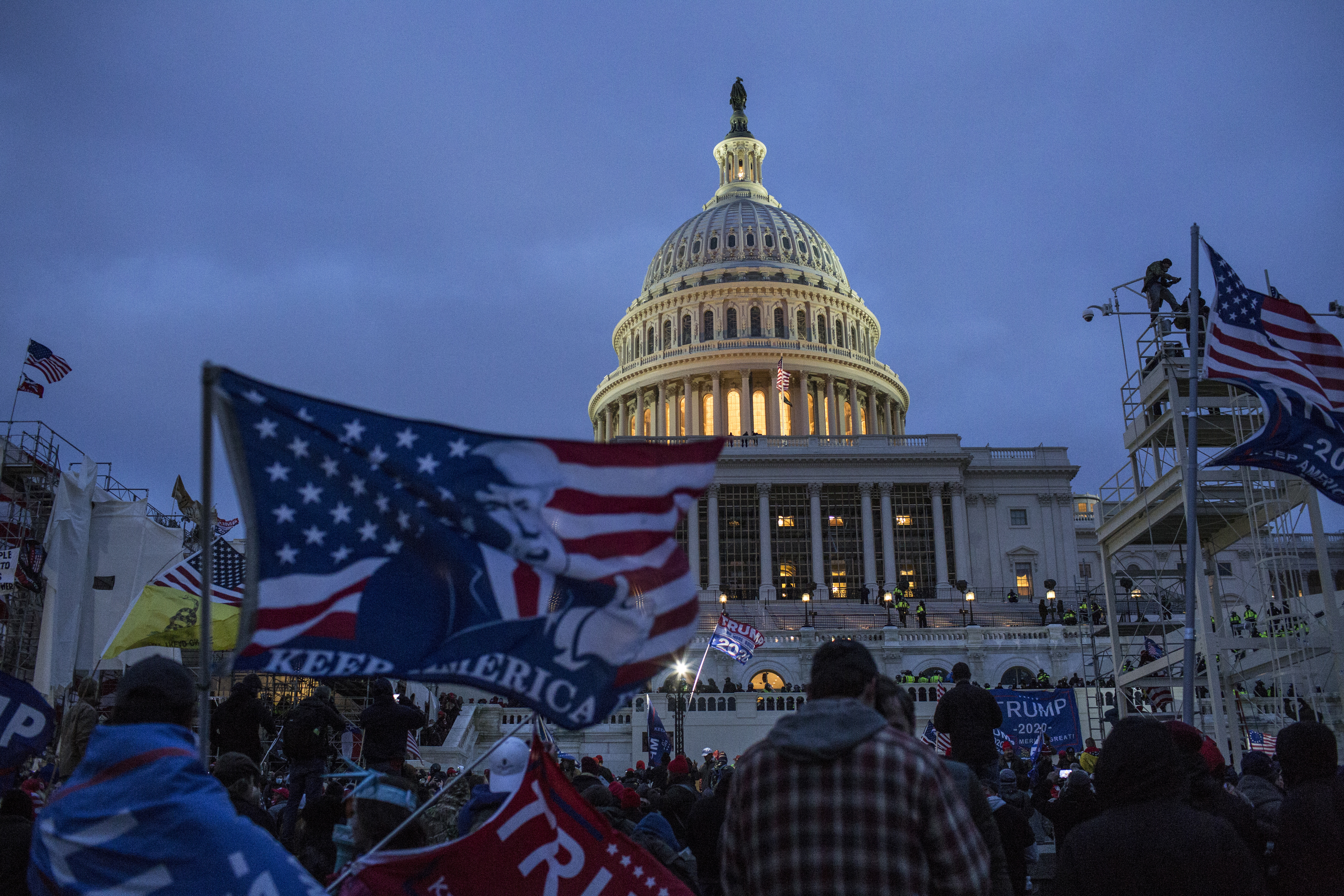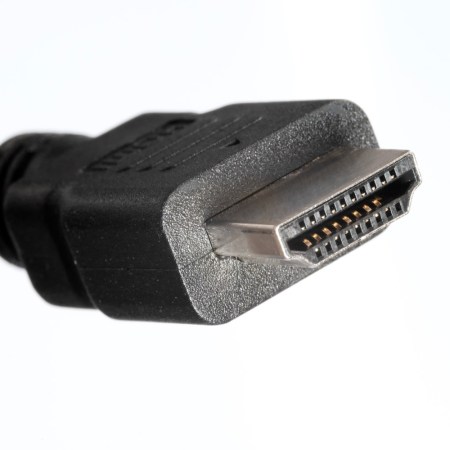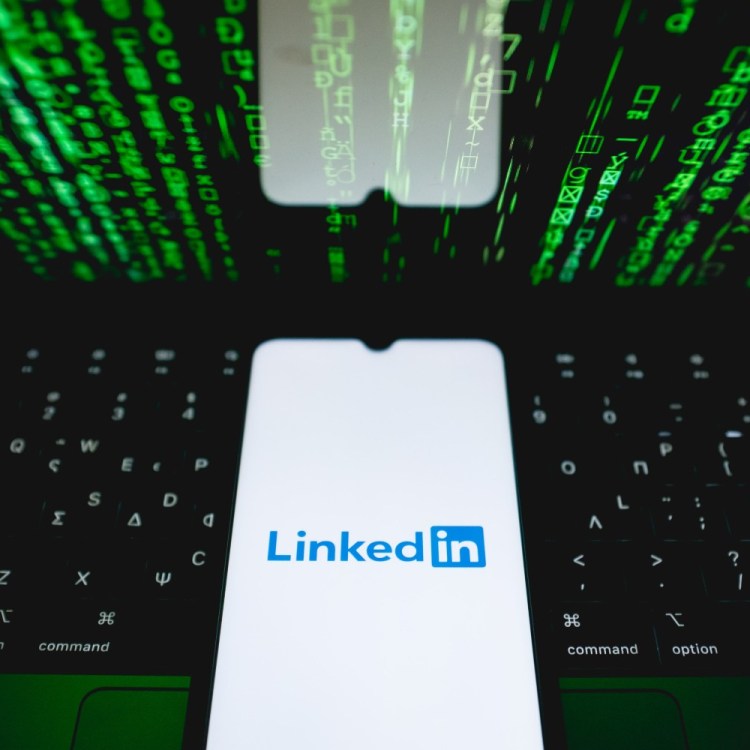As you may have heard, a mob of Trump supporters breached the Capitol yesterday as Congress was confirming President-elect Joe Biden’s victory. While Congress members, staffers and journalists sheltered in place, insurgents broke in and began ravaging the place. Photos of rioters sitting at Speaker Nancy Pelosi’s desk, posing in the Senate Chamber, and even looting the building’s halls and offices began surfacing on the internet. One photo, in particular, of a man gleefully grinning directly at the camera while carrying a podium inside the Capitol, went viral and caused a bit of hilarious confusion.
Politico’s chief White House Correspondent Ryan Lizza posted the photo to Twitter with the caption “Via Getty, one of the rioters steals a podium from the Capitol.”
Soon, some Twitter users began demanding “Via Getty” be found and locked up.
“I want Via Getty and everyone else who participated in this domestic terrorism at the Capitol today arrested and prosecuted to the fullest extent of the law,” wrote one user. “Has Via Getty been arrested yet?” asked another.
“Via Getty” is, of course, not the rioter’s name, but an image credit: the image was sourced from Getty Images, the licensing company widely used in the media.
“Absolutely losing it over the fact folks think this asshole’s name is ‘Via Getty,’ said Twitter user @Rachael_Conrad. “A little bit of humour … Some people on Twitter think ‘Via Getty’ is the name of a protestor as opposed to an acknowledgment that Getty Images own the photos showing the protests,” wrote @TomMairs.
Lizza eventually clarified that Via Getty “just means that this photo comes via Getty Images.”
It was a small, entertaining distraction on a terrifically dark day for the nation, but it’s also a case in point on how misinformation can spread so rapidly across social media, and in more serious cases, could have dire consequences.
During yesterday’s events, Trump supporters could be seen without face coverings and, as pictured above, smiling directly into videos and camera lenses, making it wildly easy to identify and then doxx them. The urge to doxx — or publish private or identifying information about an individual on the internet — these domestic terrorists is certainly understandable, but the dangers of misidentifying someone should not be overlooked or understated.
Back in 2013, Reddit users wrongly identified Sunil Tripathi, a 22-year-old who had gone missing, as one of the Boston Marathon Bombing suspects. While his family grieved the loss of their son, Sunil’s name and face were spread all over the internet, with users leaving aggressive, horrifying comments on Sunil’s Facebook page and making unsubstantiated claims. That episode led to widespread policy changes on Reddit, where moderators tend to respond swiftly and decisively whenever an individual is doxxed. But other social-media platforms (like Twitter, where Capitol Building insurgents have been outed left and right over the last 24 hours, sometimes — as in the case of Mr. Getty — with questionable accuracy) are yet to adopt adequate policies.
There is, in theory, a more effective way to handle this situation: going through the dedicated, official channels for reporting the names of the Capitol breachers in question. In a tweet yesterday, the FBI asked users to submit any tips or digital media that showed possible suspects committing violence.
“The FBI is seeking to identify individuals instigating violence in Washington, D.C. We are accepting tips and digital media depicting rioting or violence in and around the U.S. Capitol on January 6. If you have information, visit http://fbi.gov/USCapitol,” the full tweet reads.
It shouldn’t be too difficult for the Bureau to track these people down, since their faces were fully exposed and are now plastered in high resolution all over the largest media-licensing platform on the planet. And given that earlier this year, authorities were able to track down and arrest Black Lives Matter demonstrators based on not only viral images, but also phone tracking and even Etsy purchasing history, one would hope and expect that similar scrutiny is applied here.
Whether that happens obviously remains to be seen. But it’s more likely to net a fair outcome than haphazardly retweeting a photo of a guy named Via Getty — which, while hilarious, ultimately serves to erode what little trust remains on a platform like Twitter, while making everyone who uses it look just a little bit stupider.
This article was featured in the InsideHook newsletter. Sign up now.























